Overcoming the situation of fragmented and spread out investment
Most of the delegates highly appreciated the outstanding results of the 2021-2025 period as well as 2025, the Government has directed and operated resolutely and effectively. We have had remarkable breakthroughs such as a sharp increase in public investment capital, the disbursement rate of public investment is also high. The Government has also restructured the number of public investment projects reasonably, reducing by 50%, to only 5,000 projects, overcoming the situation of fragmented and spread investment.
The investment in transport infrastructure has been outstanding, which is a very impressive number. By the end of 2025, it is expected to complete 3,245km of expressway (exceeding the target of 3,000km) and 1,711km of coastal road. Deputy Vu Trong Kim (Ninh Binh) highly appreciated the National Assembly's decision to open early to recover the economy after the Covid-19 pandemic. When facing tariff tensions with the United States, we also calmly resolved them, which are the marks in the leadership work.
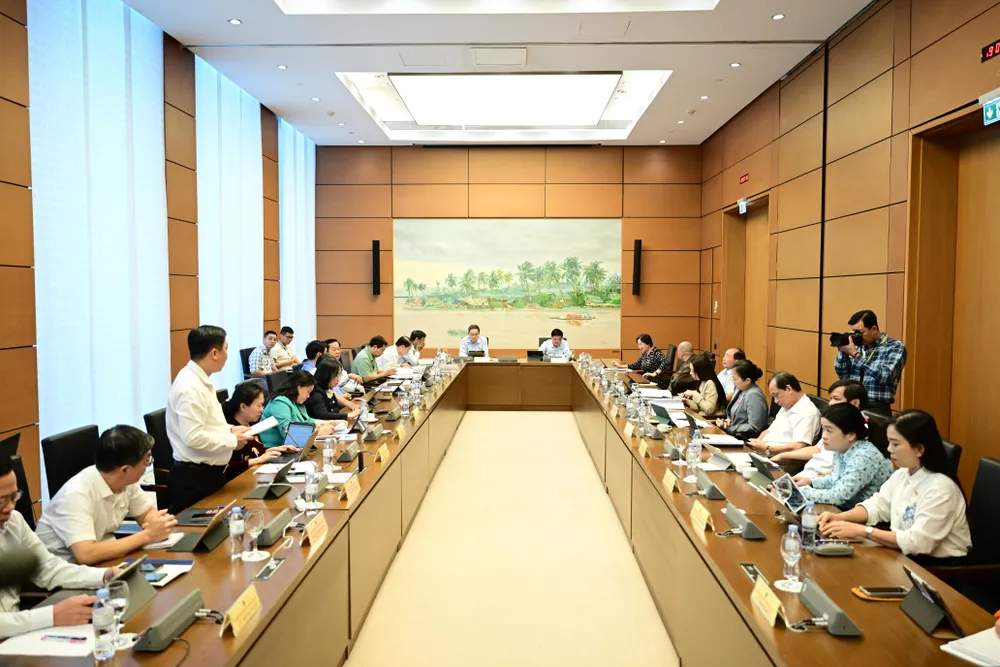
However, the delegates also pointed out many limitations and shortcomings that need to be focused on and resolved in the coming time. It is necessary to frankly acknowledge that growth quality is not sustainable and still depends heavily on foreign countries.
Delegate Tran Van Khai (Ninh Binh) pointed out three main limitations: institutional and policy problems; lack of coordination between ministries, branches and localities; and the mentality of avoiding responsibility of a number of officials and civil servants.
According to Deputy Tran Van Khai, institutional bottlenecks are also the reason why many localities demand special policy mechanisms, while the policy system should be synchronous and unified throughout the country. On the other hand, the recent emergence of "one law amending many laws" shows that there are problems in law-making and institutional improvement, while the law needs to be stable. Therefore, Deputy Tran Van Khai and many other deputies believe that institutional bottlenecks must be resolved in the coming time.
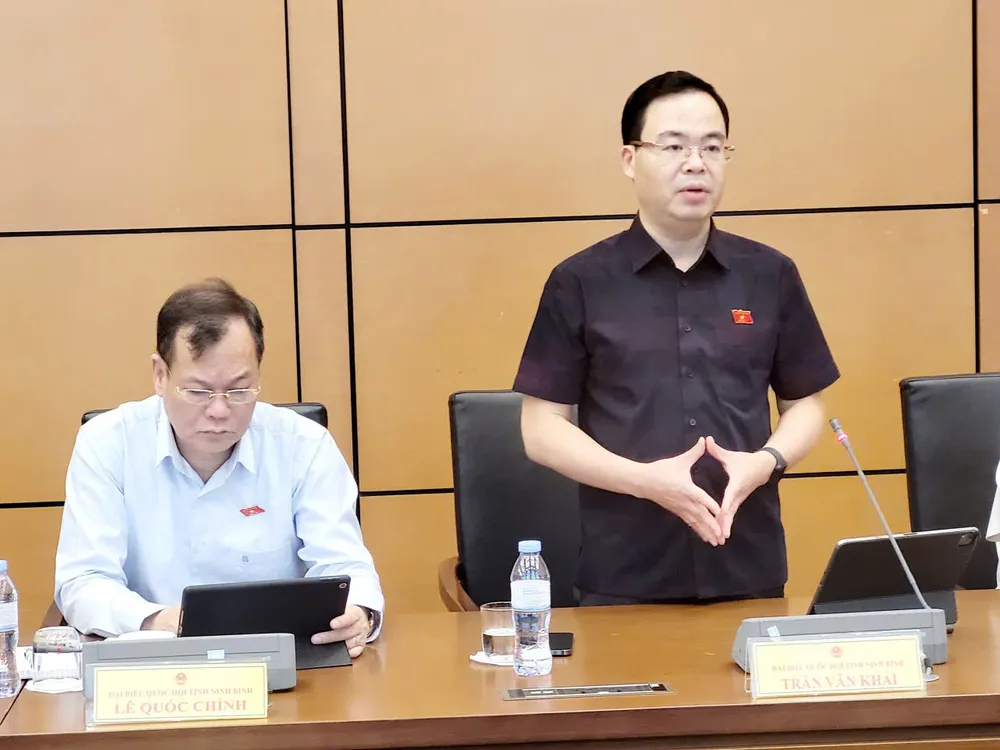
Along with that, the coordination between ministries, branches, localities, and top-down levels must be taken seriously. According to the delegate, without coordination and connection, there is a mentality of waiting for each other, pushing responsibility, and working separately, which is why there are routes that last 4-5 National Assembly terms. Therefore, it is necessary to eliminate the phenomenon of officials avoiding, being afraid of making mistakes, and working half-heartedly. There must be enough mechanisms and policies to encourage and motivate civil servants to dare to think and dare to do for the goal of bringing the country into a new era.
Deputy Ha Sy Dong (Quang Tri) highly appreciated the Government's active efforts in perfecting the long-term institutions and working with high intensity. However, many opinions are concerned about the rate of laws being built and passed at one session, affecting the quality of law-making, especially the collection of public opinions. Many drafts are collected for comments in a short time, making it difficult for businesses and people to react; many documents take effect on the day of signing and promulgation. "It is impossible to cut off the right of people and businesses to contribute opinions in the process of law-making," he said.
Investment must be "productive"
One point that many delegates are interested in is the proposal that in the 2025 - 2030 period, we should focus on key projects, and not invest in small projects. "We must invest in a meaningful way to make a mark for the country."
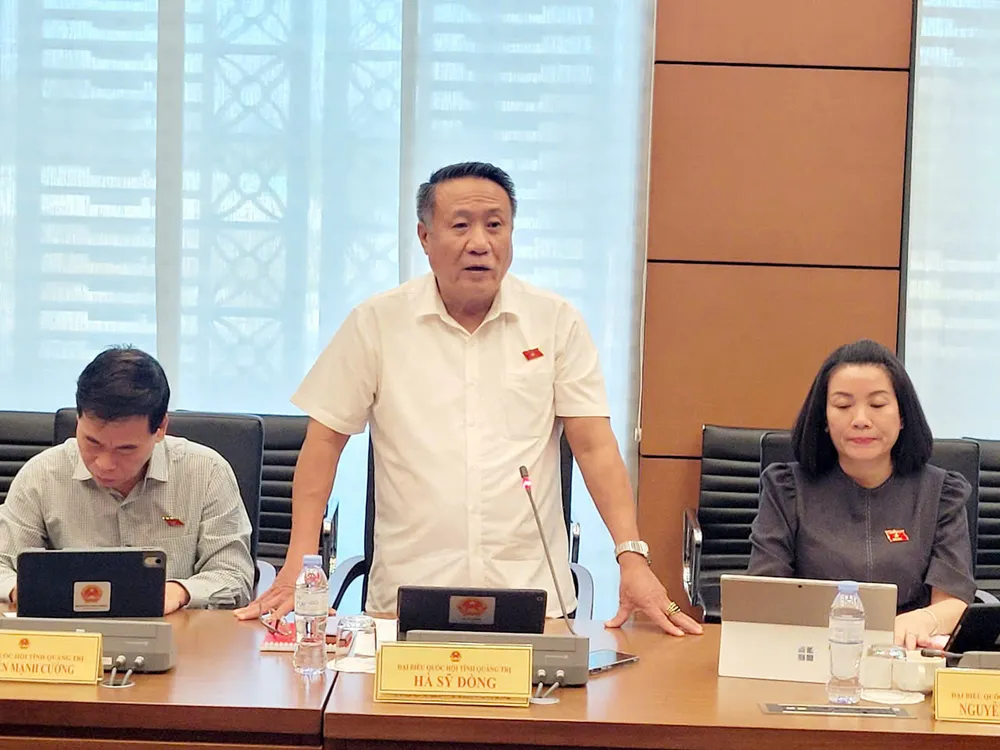
The delegate proposed that the Government resolutely allocate central budget capital in a concentrated, focused, and key manner, with the total number of projects using central budget capital not exceeding 3,000 projects. The central budget should only be allocated to strategic infrastructure projects that are of a situation-changing and status-changing nature; for projects expected to start construction, priority should be given to expressway projects, high-speed railways, international railways, urban railways, key projects, inter-regional, inter-national, international projects, and breakthrough projects.
However, according to Deputy Ha Sy Dong, investment work is still limited, starting from investment preparation work, this is a weakness that has been talked about a lot but has not been overcome, causing capital to be available but not being able to do anything, the reason is too many procedures. These limitations need to be looked at more seriously and corrected.
Delegate Vu Trong Kim (Ninh Binh) also agreed with the opinions that it is necessary to solve the public investment problem: disbursement must be quick; focus must be on key points, and must ensure turnaround.
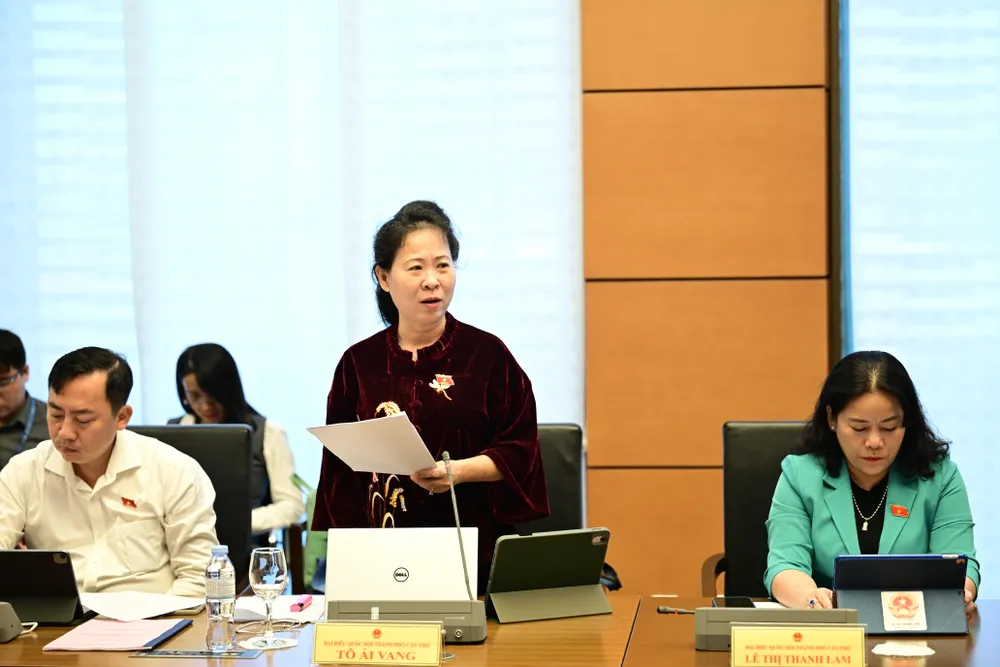
Deputy To Ai Vang (Can Tho) proposed that the Government continue to balance the state budget revenue situation in 2026 and consider and submit to the National Assembly to continue deciding on tax and fee exemption and reduction policies in 2026 and the following years.
According to Deputy To Ai Vang, the Government has directed many solutions, and localities have also strengthened solutions to strive to collect local budgets in a timely manner in the last months of 2025. However, if after implementing solutions to increase local revenue, the situation is still not achieved, then in order to carry out spending tasks related to people and ensure social security, the Government needs to consider appropriate handling options in accordance with the provisions of the State Budget Law.
Source: https://www.sggp.org.vn/giai-quyet-bang-duoc-diem-nghen-the-che-post819130.html



![[Photo] Da Nang residents "hunt for photos" of big waves at the mouth of the Han River](https://vphoto.vietnam.vn/thumb/1200x675/vietnam/resource/IMAGE/2025/10/21/1761043632309_ndo_br_11-jpg.webp)
![[Photo] Prime Minister Pham Minh Chinh received Mr. Yamamoto Ichita, Governor of Gunma Province (Japan)](https://vphoto.vietnam.vn/thumb/1200x675/vietnam/resource/IMAGE/2025/10/21/1761032833411_dsc-8867-jpg.webp)

![[Photo] Prime Minister Pham Minh Chinh meets with Speaker of the Hungarian National Assembly Kover Laszlo](https://vphoto.vietnam.vn/thumb/1200x675/vietnam/resource/IMAGE/2025/10/20/1760970413415_dsc-8111-jpg.webp)

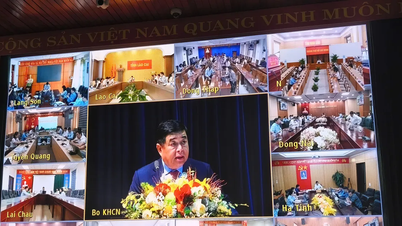


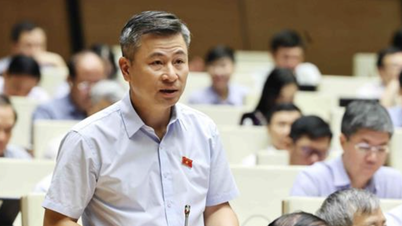

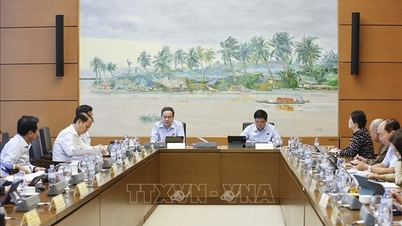

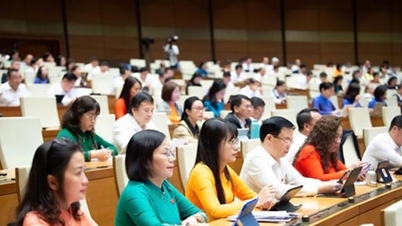

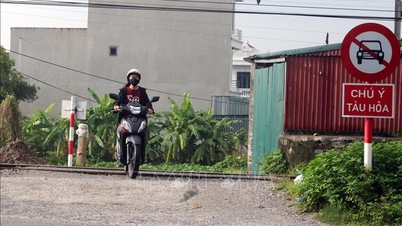
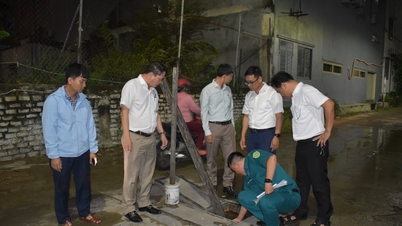

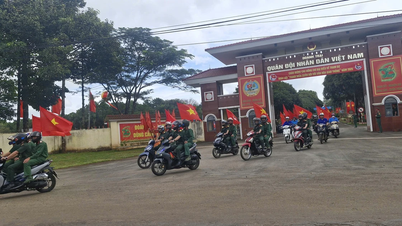

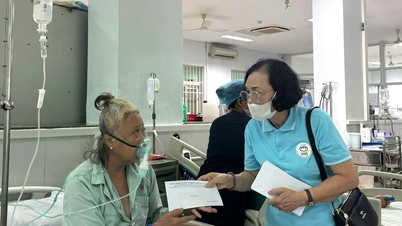
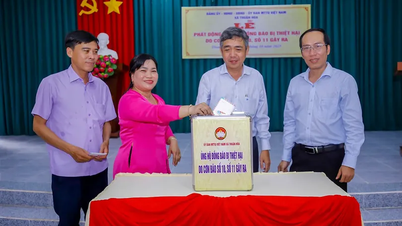









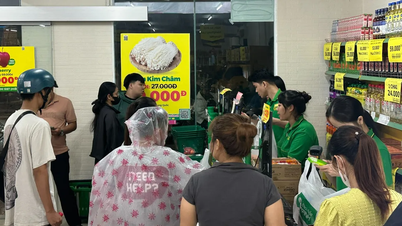
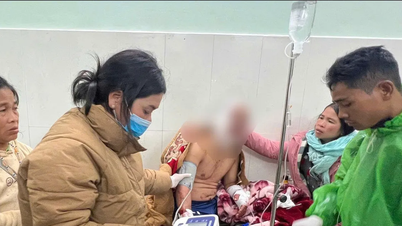
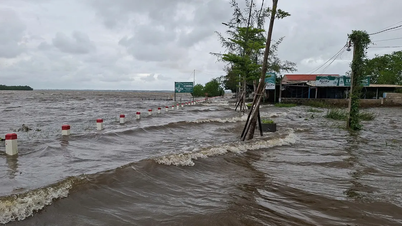
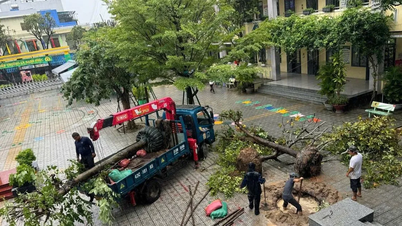
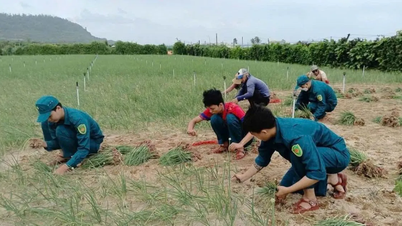
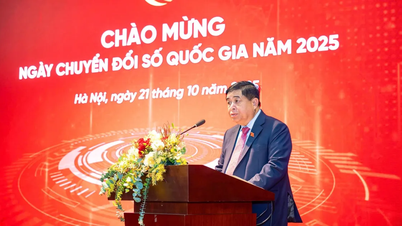





















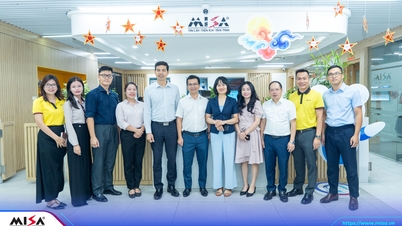














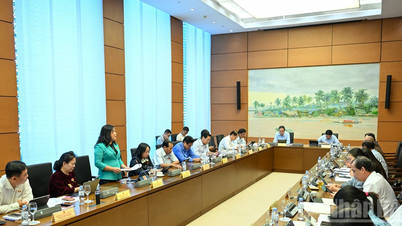
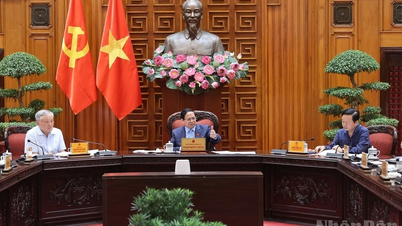
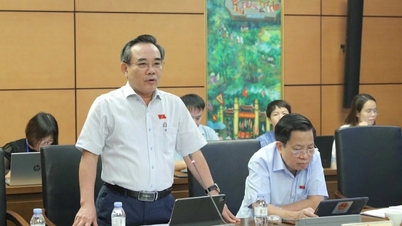
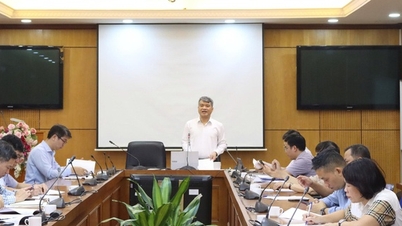
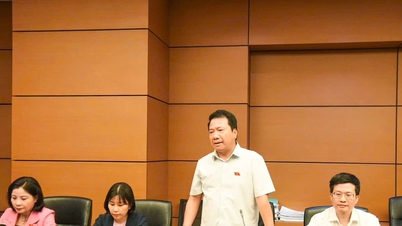

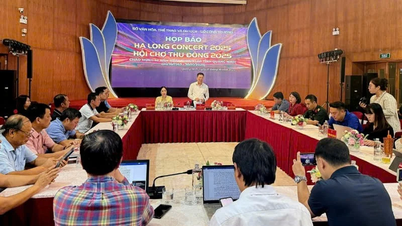
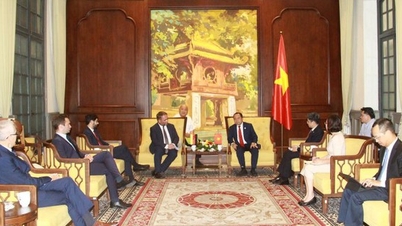


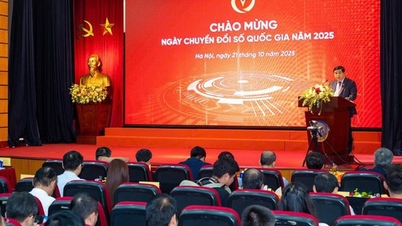


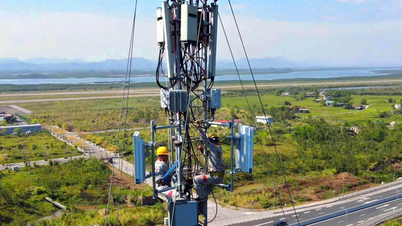
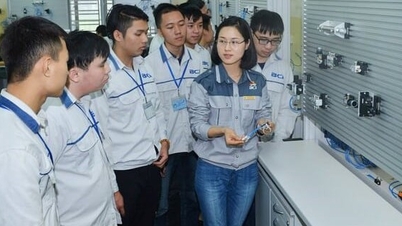

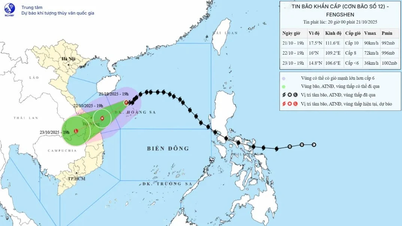
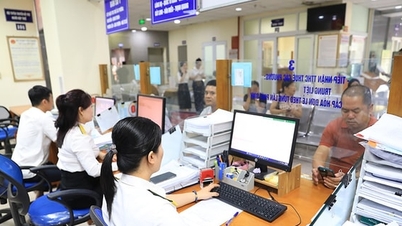
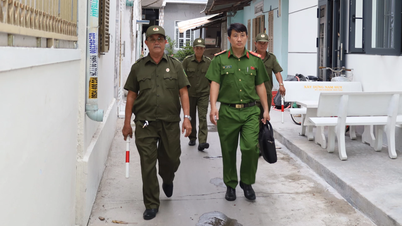














Comment (0)